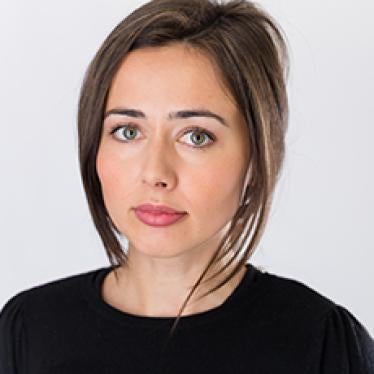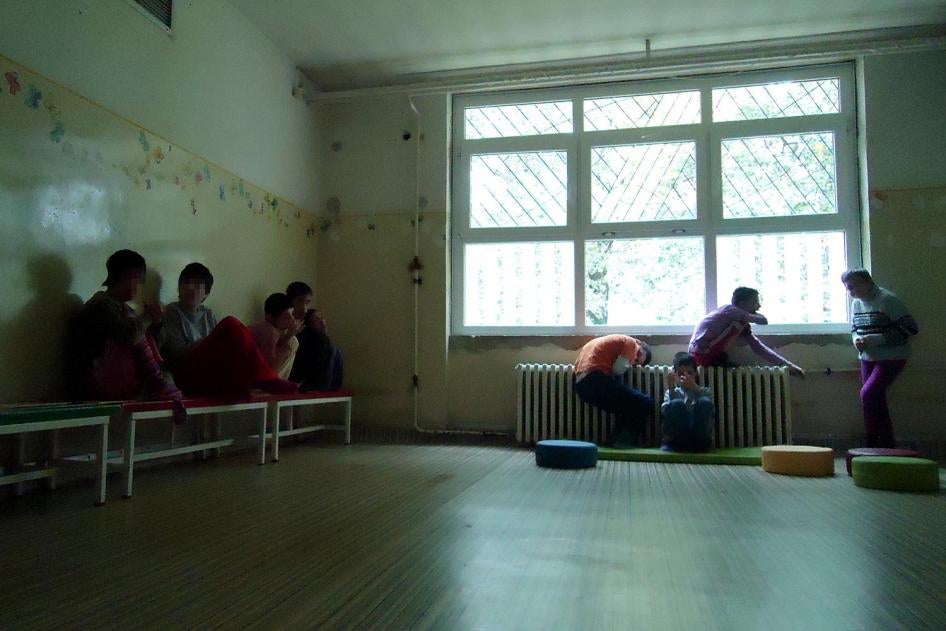Today, September 1st, will be an exciting first day of school for most Serbian children. But for many children with disabilities, it will be just one more day without a chance to learn, make friends, and interact with peers and teachers.
Take for example Miroslav, a 17-year-old boy whom I met at the Home for Children and Adults with Disabilities in Stamnica. He doesn’t have the excitement of seeing close friends after the long summer holiday. “I used to go to school, but since I arrived here seven or eight years ago, I stopped,” he told me.
Sadly, Miroslav is not alone. In fact, up to 50 percent of children with disabilities in Serbia are not enrolled in school, as documented in our recent report, “It is My Dream To Leave This Place.” The percentage is even higher – 60 percent – for children with disabilities who live in large residential institutions, where they may spend their entire lives separated from their families and their communities. Here, they are often isolated and neglected because there are not enough staff, and many parents don’t have the resources to visit.
Children who do get an education attend specialized schools exclusively for children with disabilities. This means that they rarely have the chance to interact with children without disabilities and to learn important life skills in a real-world environment.
Denying children with disabilities the chance to go to school is a denial of their childhood and the chance to live independently, have a meaningful job, and be included in their communities.
But on paper, Serbia has done all of the right things: adopting the United Nations children's rights and disability rights treaties and making strong legal measures on inclusive education for all children. During a speech in Parliament less than a month ago, Serbian Prime Minister Aleksandar Vučić said the priority of the new government will be to “improve the position of children, especially children with disabilities and children living in poverty.”
Powerful words. The key is to make this a reality.
Serbia should implement its law on inclusive education and adopt the Action Plan for Inclusive Education, which provides pathways for children with disabilities to attend mainstream schools where all children can learn together.
Inclusion is not just about giving children with disabilities the education they are entitled to. It’s about individual education plans, a diverse student body, accessible school buildings, and teachers trained to adapt to different learning abilities and styles. At the end of the day, all students will benefit and have even more reason to celebrate the start of the school year.








